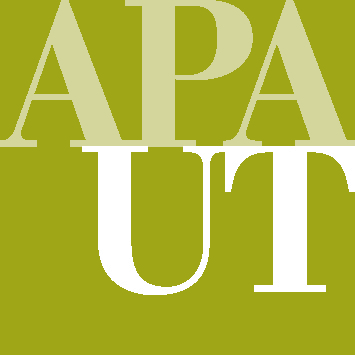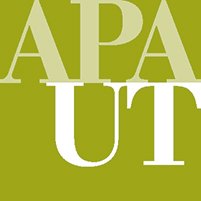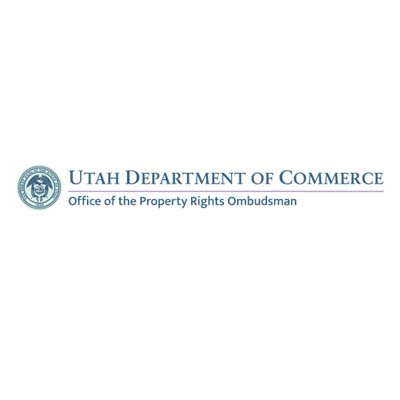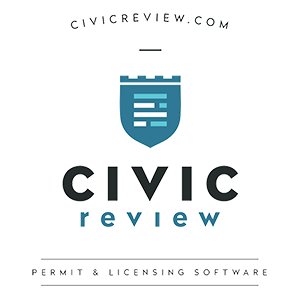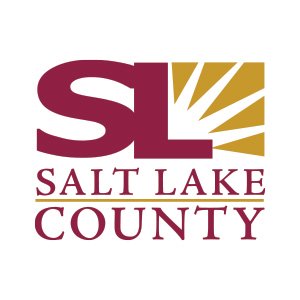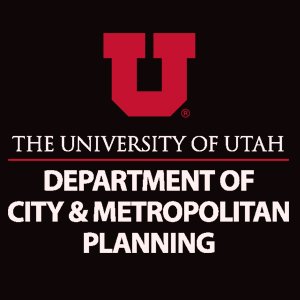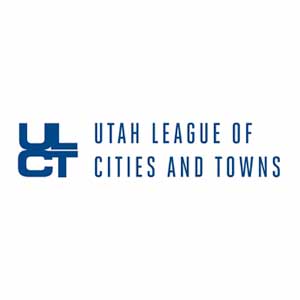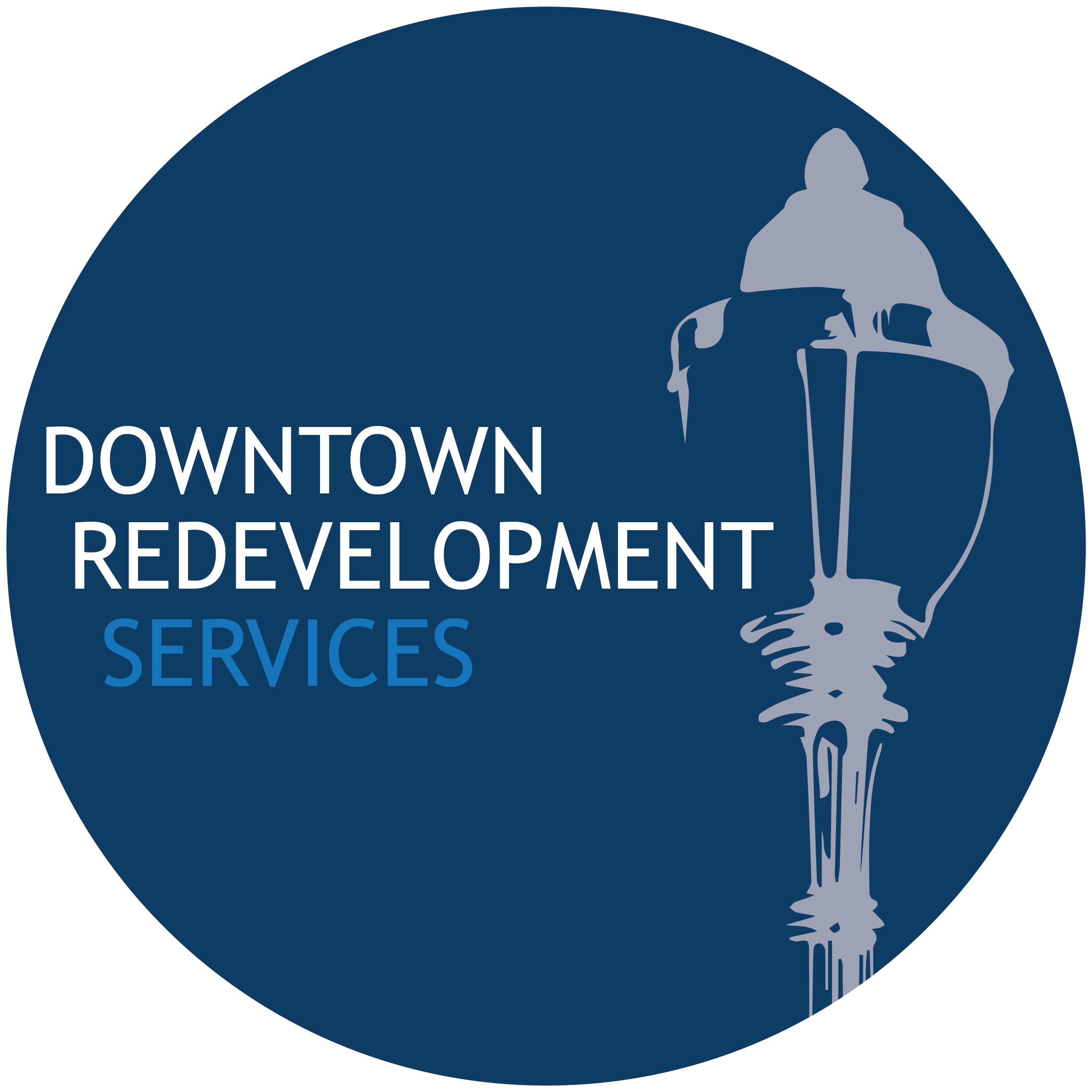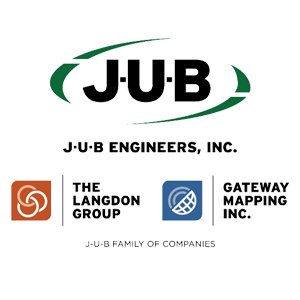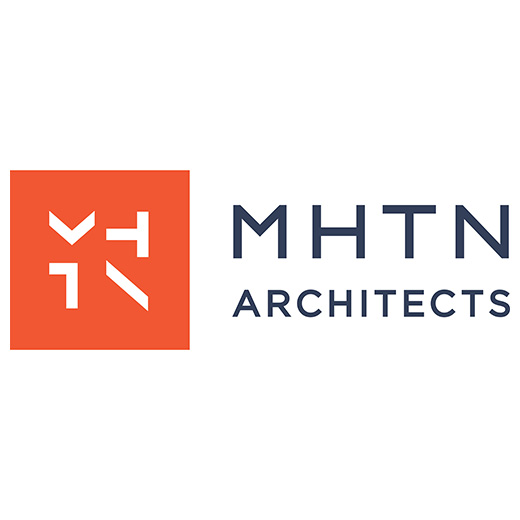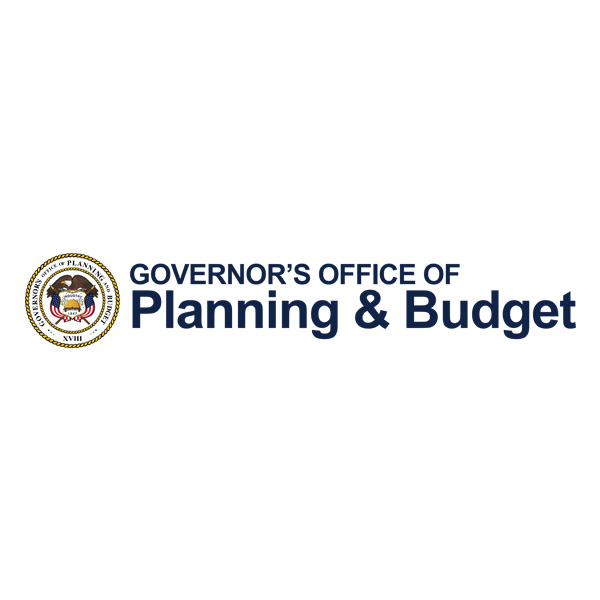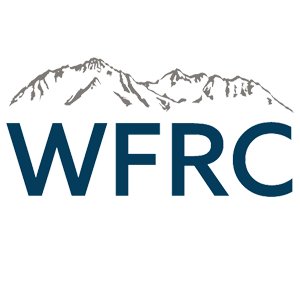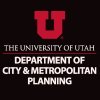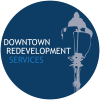Slow but steady on the Hill
February 26, 2021
Not a lot of action yesterday on bills we are watching. A couple of things to update on –
SB217 – Housing and Transit Reinvestment Zones Act was passed by the Senate last night, it moves on to the House.
HB256 – County Land Use and Development Amendments also was passed out favorably by committee yesterday.
The bills on short-term rentals and housing affordability, both sponsored by Sen Anderegg, were on committee agendas yesterday, but neither were considered, so they languish.
Speaking of languishing, the Land Use Task Force bill, HB409 – Municipal and County Land Use Revisions has not even been assigned to a committee yet, while several other bills filed after it are moving right along. Guess it’s not a priority.
There’s been no further action on the billboard bills – that could be a good sign, or an ominous pause…
HB401 – Fee Amendments is up for committee hearing this morning at 9:00. Here’s some info from the League about the bill:
This legislation would require a municipality to segregate the fees it collects regarding the development of a property, including a hookup fee, land use application, inspection, regulation, and review fees. The municipality would be required to account each fee in a ledger identifying the fee and how that fee was expended on the project for which the fee was collected. At the end of each fiscal year, the chief financial officer is required to certify the ledger and submit it to the State Auditor. Talking Points: 1. According to the 2019 Utah Foundation study, fees and impact fees have gone down across the State when adjusted for inflation. An independent analysis does not support the statement that city fees and impact fees have directly increased the cost of housing. 2. This would create a significant oversight burden to manage these specific fees in the prescribed manner. It is anticipated additional staff will be needed for municipalities with substantial growth. 3. While the argument is this legislation is targeted to help reduce fees associated with home construction, this will potentially increase costs to hire additional staff to meet the new reporting requirements, especially in our fast-growing communities. 4. Each city and town is very transparent in how it sets fees and manages its annual budget. The consolidated fee schedule is approved annually by the local elected officials in a public meeting. Approved budgets, budget amendments, and final budgets are all publicly available on the State Auditor’s website.
Here are several recent news stories about bills we are following:
On the massive infrastructure bill, HB433
https://www.sltrib.com/news/politics/2021/02/25/lawmakers-unveil-massive/
On HB98, the inspections and housing design limits bill
On the Colorado River Authority bill
And finally, a little diversion, here’s a story about a man who needs no introduction to many of you, someone who I’ve had occasion to work with and interact with and be on the same and opposite sides with, and to be called names by him (as I’m sure many of you have been), but someone who I can honestly call a friend, Bruce Baird
https://www.sltrib.com/news/politics/2021/02/26/colorful-attorney-has/
Wilf Sommerkorn
Co-Chair, APA Utah Legislative Committee
*correction* Oops, my mistake, SB217 was just passed on senate 2nd reading, it still needs to pass 3rd reading before moving on to the House. Sorry
*image* (Leah Hogsten | Tribune file photo)
